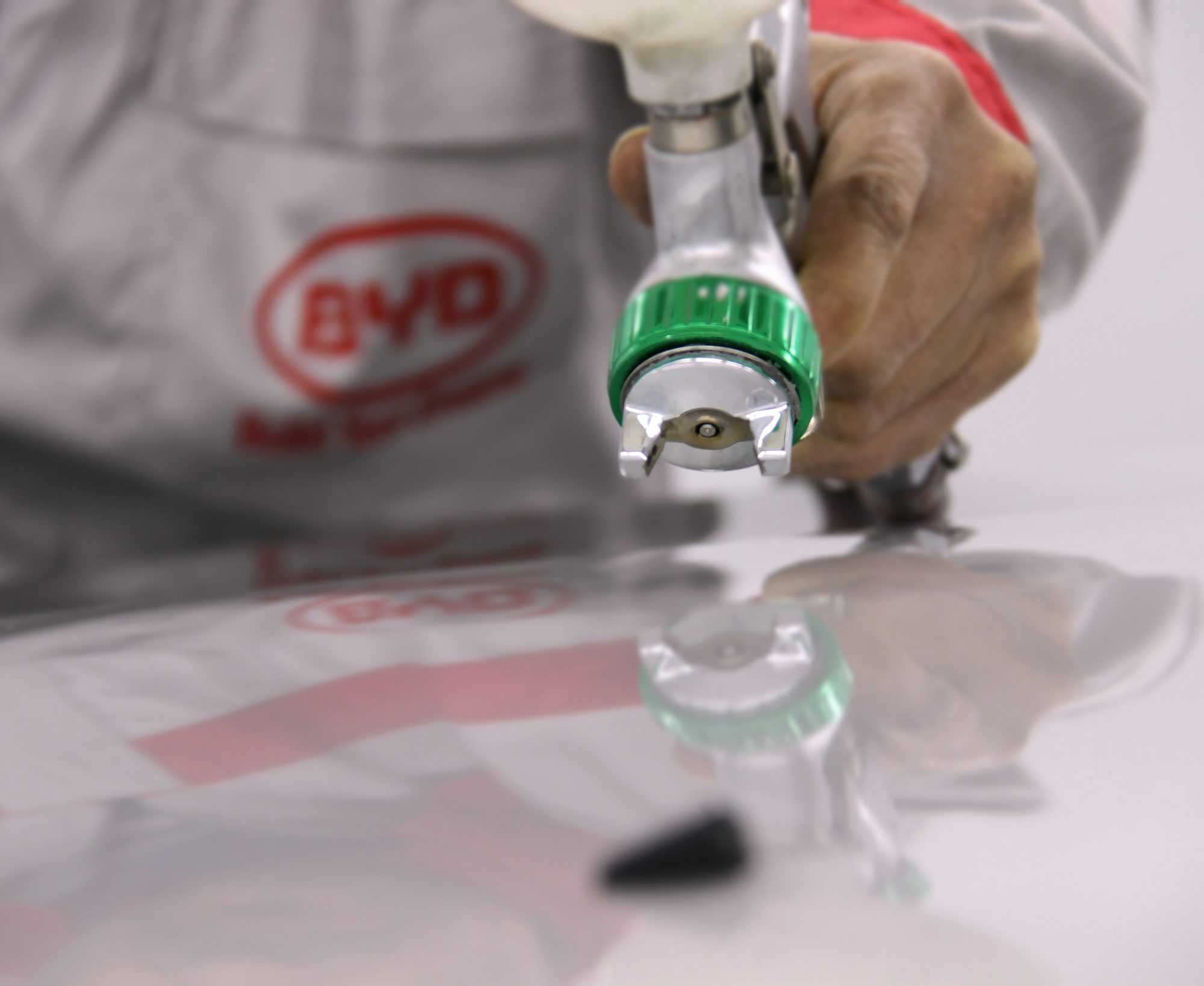
Exploring the Rise of Electric Vehicles: A Shift Towards Sustainable Transportation
An analysis of the electric vehicle market, exploring its growth, technological advancements, and the impact on the automotive industry and environment.Electric vehicles have gained significant traction in recent years, with sales soaring worldwide. According to industry reports, global EV sales are projected to reach record highs, driven by government incentives, advancements in battery technology, and an increasing consumer shift towards sustainable transportation. This growing acceptance of EVs marks a pivotal moment in the automotive landscape, where the focus is shifting from traditional combustion engines to cleaner, electric alternatives.
One of the most significant factors contributing to the rise of electric vehicles is the improvement in battery technology. Modern electric vehicles are equipped with lithium-ion batteries that offer higher energy densities and longer ranges than their predecessors. This technological advancement has addressed one of the primary concerns associated with EVs: range anxiety. Many new models can travel over 300 miles on a single charge, making them more practical for everyday use.
Furthermore, the development of fast-charging infrastructure has made owning an electric vehicle more convenient than ever. Charging stations are increasingly being installed in urban areas, along highways, and at public locations, allowing drivers to recharge their vehicles quickly and efficiently. With fast chargers, many EVs can gain a substantial amount of range in just 30 minutes, making long-distance travel more feasible. This expansion of charging networks is crucial in supporting the growing number of electric vehicles on the road.
Government policies and incentives have also played a vital role in accelerating the adoption of electric vehicles. Many countries offer tax rebates, grants, and other financial incentives to encourage consumers to purchase EVs. Additionally, stricter emissions regulations are prompting automakers to invest heavily in electric technologies to meet compliance standards. This regulatory push not only benefits the environment but also fosters innovation within the automotive industry as manufacturers strive to develop more efficient and sustainable solutions.
As a result of these factors, the electric vehicle market is becoming increasingly competitive. Major automakers like Tesla, Nissan, and Volkswagen have introduced a range of electric models catering to diverse consumer preferences. Tesla, for example, has become synonymous with electric driving, thanks to its innovative technology and high-performance vehicles. The Tesla Model 3, in particular, has gained immense popularity, making electric vehicles appealing to a broader audience.
In addition to established manufacturers, new players are entering the electric vehicle market, adding to the competition and driving innovation. Startups such as Rivian and Lucid Motors are making headlines with their cutting-edge designs and technologies. These companies are challenging traditional automakers to rethink their strategies and invest in electric alternatives, fostering a culture of innovation across the industry.
The environmental benefits of electric vehicles cannot be overstated. By producing zero tailpipe emissions, EVs contribute significantly to reducing air pollution, particularly in urban areas where smog and poor air quality are prevalent. Additionally, as the grid becomes greener through increased reliance on renewable energy sources such as wind and solar, the overall carbon footprint of electric vehicles continues to decrease. This transition towards sustainable energy sources further enhances the environmental advantages of driving electric.
Despite the many advantages, the electric vehicle market still faces challenges that need to be addressed for broader adoption. One of the primary concerns is the environmental impact of battery production and disposal. The extraction of lithium, cobalt, and other materials used in batteries raises ethical and environmental issues, including habitat destruction and human rights concerns. Therefore, the industry is exploring ways to improve battery recycling processes and develop more sustainable materials for battery production.
Another challenge is the initial cost of electric vehicles, which can be higher than that of traditional gasoline-powered cars. Although the total cost of ownership may be lower due to savings on fuel and maintenance, the upfront price can deter some consumers. However, as production scales up and technology continues to advance, the costs of electric vehicles are expected to decrease, making them more accessible to a broader audience.
Furthermore, the perception of electric vehicles among consumers can also be a barrier to adoption. Some potential buyers may harbor misconceptions about EV performance, charging times, or maintenance requirements. Public awareness campaigns and educational initiatives are essential in dispelling these myths and highlighting the benefits of electric vehicles. Manufacturers can play a crucial role in this effort by promoting the capabilities and advantages of their electric models.
The future of the electric vehicle market looks promising, with ongoing advancements in technology and infrastructure. As automakers continue to innovate, we can expect to see more electric models with improved ranges, faster charging capabilities, and enhanced features. Additionally, the growing interest in autonomous driving technology may further accelerate the integration of electric vehicles, as many autonomous solutions are designed to be electric for efficiency and sustainability.
In conclusion, the rise of electric vehicles represents a significant shift in the automotive industry towards sustainable transportation. Driven by advancements in battery technology, government incentives, and changing consumer preferences, the electric vehicle market is expanding rapidly. While challenges remain, the overall trend towards electric mobility is clear. As society increasingly embraces environmentally friendly solutions, electric vehicles are set to play a pivotal role in shaping the future of transportation and fostering a more sustainable world.